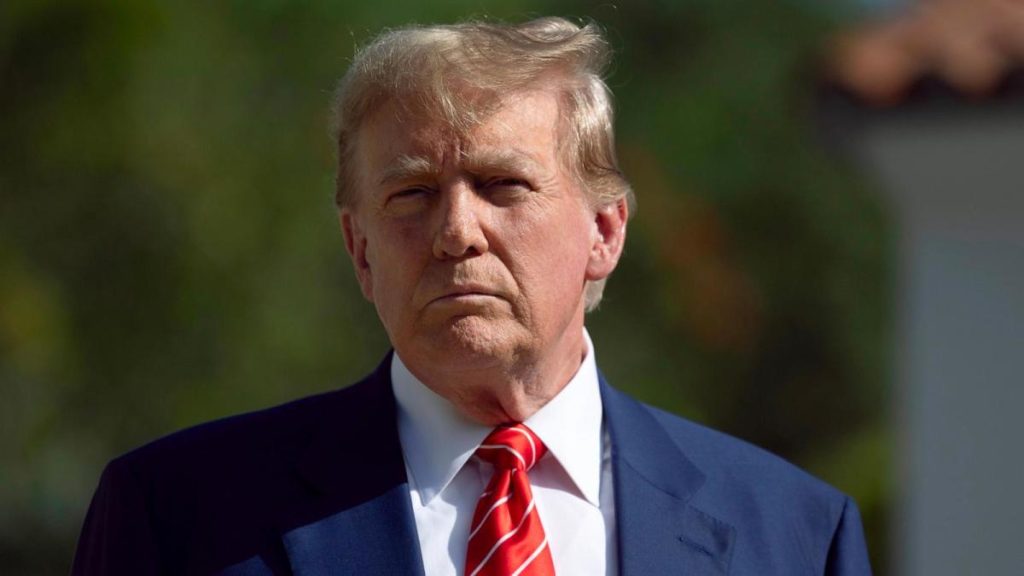Former U.S. President Donald Trump’s handling of classified information while in office has come under scrutiny in recent years. In the summer of 2019, Trump shared a highly classified image of an Iranian rocket explosion on Twitter, despite objections from intelligence officials about potential national security risks. Former aides and national security officials have provided firsthand accounts detailing Trump’s anger towards unwanted intelligence, his storage of classified information in unsecured locations, and his cavalier attitude towards the damage that could result from its disclosure.
According to these accounts, Trump was known to bring classified documents to unsecured locations and store them in his White House residence in makeshift containers. Some former officials expressed concerns about Trump’s lack of respect for classified information. Trump’s alleged exposure of sensitive information during his presidency, such as discussing a response to a North Korean missile test in a public setting and sharing intelligence with Russian officials, has raised additional concerns. Despite some witnesses claiming that Trump handled classified information appropriately, others described erratic behavior during intelligence briefings.
Former officials highlighted Trump’s propensity to dismiss certain intelligence briefings, particularly those related to regions he considered unimportant or undesirable. Trump’s apparent reluctance to acknowledge Russian aggression in Ukraine and reliance on unverified sources has been noted by witnesses. Trump’s handling of foreign policy and intelligence matters has drawn comparisons to dystopian narratives, with reports describing chaotic and unpredictable interactions during high-level meetings. While Trump could exhibit courteous behavior towards members of the intelligence community, he was also known to become easily disengaged and dismissive of crucial information.
The incident involving the release of the image from Iran’s failed rocket launch illustrated Trump’s disregard for protecting classified information, according to witnesses. Despite being warned about the risks associated with sharing the image, Trump ultimately disregarded the advice and posted it online. The former president’s decision to prioritize his desire to share the image over national security concerns has been criticized by former officials who saw his behavior as reckless and irresponsible. Trump’s handling of intelligence matters while in office has raised questions about his potential return to the White House and his access to sensitive information as the Republican Party’s official nominee in the 2024 presidential election.


